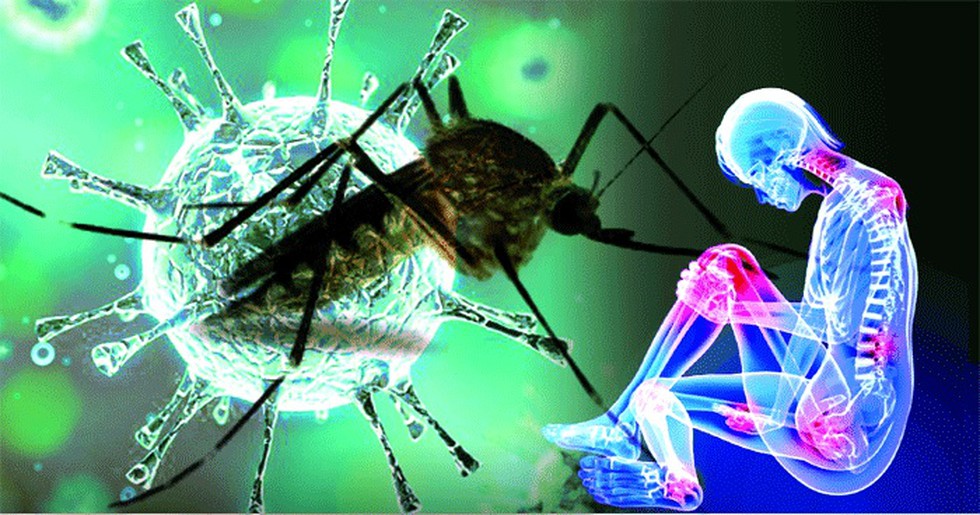Chikungunya viral (CHIKV) infection:
- It is a viral disease (genus Alphavirus) which is transmitted to humans by infected mosquitoes, most commonly, Aedes aegypti and Aedes albopictus, two species which can also transmit other mosquito-borne viruses, including dengue.
- These mosquitoes can be found biting throughout daylight hours, though there may be peaks of activity in the early morning and late afternoon.
- It causes fever and severe joint pain. The name chikungunya originates from a verb in the Kimakonde language, meaning 'to become contorted'. This refers to the 'stooped' appearance of those suffering with joint pain.
- It occurs mainly in Africa, Asia and the Indian subcontinent.
Recent development:
- The antibodies were developed following decade-long research on the CHIKV infection at the ILS laboratory headed by Dr. Soma Chattopadhyay, a senior molecular virologist.
- With no prior antibodies reported against CHIKV, Dr. Chattopadhyay’s group was the first to develop antibodies against the non-structural proteins - nsP1, nsP3 and nsP4 of CHIKV.
- She has been selected for the Biotech Product, Process Development and Commercialisation Award 2019 by the Department of Biotechnology.
